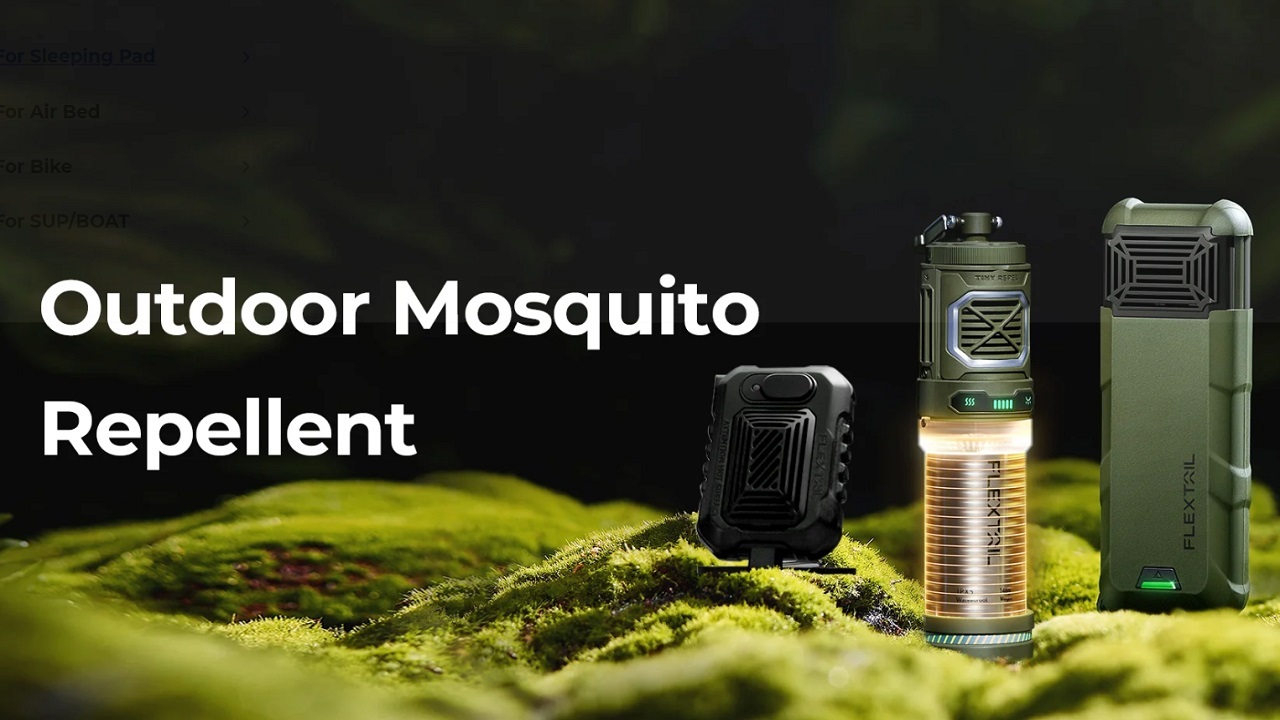Mosquito-borne diseases continue to pose significant health risks worldwide, with millions of cases reported each year. These diseases, including malaria, dengue fever, Zika virus, and West Nile virus, are transmitted through the bites of infected mosquitoes. While indoor protection measures such as bed nets and insecticide sprays are commonly used, outdoor mosquito repellent plays a crucial role in preventing mosquito bites and reducing the transmission of these diseases.
Understanding the Threat
Mosquito-borne diseases are a major public health concern, particularly in tropical and subtropical regions where mosquitoes thrive. The World Health Organization (WHO) estimates that malaria alone causes hundreds of thousands of deaths annually, mostly among children under five years of age in sub-Saharan Africa. Dengue fever, another significant mosquito-borne illness, affects millions of people each year, with outbreaks occurring in many parts of the world.
The Importance of Outdoor Protection
While indoor mosquito control measures are essential, many individuals spend a significant amount of time outdoors, where they are vulnerable to mosquito bites. Activities such as camping, hiking, gardening, and outdoor dining increase the risk of exposure to disease-carrying mosquitoes. Therefore, using outdoor mosquito repellents is crucial for protecting oneself and others from mosquito-borne illnesses.
Types of Outdoor Mosquito Repellents
Outdoor mosquito repellents come in various forms, including sprays, lotions, candles, coils, and electronic devices. Each type has its advantages and limitations, but they all work by either masking the body's scent or emitting substances that repel mosquitoes.
Sprays and Lotions
These are the most common forms of outdoor mosquito repellents. They contain active ingredients such as DEET, picaridin, or oil of lemon eucalyptus, which effectively repel mosquitoes when applied to the skin or clothing.
Candles and Coils
These products release insecticidal vapors when burned, creating a protective barrier against mosquitoes. They are often used during outdoor gatherings or while relaxing on a patio or deck.
Electronic Devices
Ultrasonic mosquito repellent devices emit high-frequency sound waves that are supposed to deter mosquitoes. While their effectiveness is debated, some people find them to be a convenient option for outdoor use.
Choosing the Right Repellent
When selecting an outdoor mosquito repellent, it's essential to consider factors such as the duration of protection, the concentration of active ingredients, and any potential allergic reactions. Products containing higher concentrations of active ingredients typically provide longer-lasting protection but may also increase the risk of skin irritation for some individuals. It's also crucial to follow the manufacturer's instructions for application and reapplication to ensure maximum effectiveness.
Additional Preventive Measures
While outdoor mosquito repellents are an essential tool for preventing mosquito bites, they should be used in conjunction with other preventive measures to reduce the risk of mosquito-borne diseases. Some additional steps to consider include:
Avoiding Peak Mosquito Activity
Mosquitoes are most active during dawn and dusk, so avoiding outdoor activities during these times can help minimize exposure.
Wearing Protective Clothing
Wearing long sleeves, pants, and socks can help shield exposed skin from mosquito bites.
Conclusion
Outdoor mosquito repellents play a vital role in protecting against mosquito-borne diseases, especially in regions where mosquitoes are prevalent. By choosing the right repellent like the flextail’s tiny repellent and following recommended preventive measures, individuals can significantly reduce their risk of mosquito bites and the diseases they transmit. However, it's essential to remember that outdoor repellents are just one part of a comprehensive approach to mosquito control, and efforts to combat these diseases should include a combination of strategies tailored to local conditions and mosquito species.


